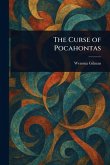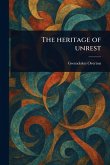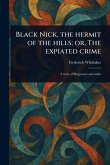Return to the captivating world of colonial America with James M. Allerton's "Hawk's Nest, or The Last of the Cahoonshees: A Tale of the Delaware Valley and Historical Romance of 1690." This historical romance transports readers to the 17th century Delaware Valley, offering a glimpse into a pivotal era. Dive into a meticulously recreated depiction of life in the region, exploring the interactions between colonial settlers and Native Americans. Allerton weaves a tale of love and adventure against the backdrop of a changing landscape. "Hawk's Nest" presents a unique perspective on the historical context of the time. Experience a classic story of romance and historical fiction set in the Delaware River Valley. Discover a world where cultures meet and destinies intertwine in this enduring tale of early America. This work has been selected by scholars as being culturally important, and is part of the knowledge base of civilization as we know it. This work is in the public domain in the United States of America, and possibly other nations. Within the United States, you may freely copy and distribute this work, as no entity (individual or corporate) has a copyright on the body of the work. Scholars believe, and we concur, that this work is important enough to be preserved, reproduced, and made generally available to the public. We appreciate your support of the preservation process, and thank you for being an important part of keeping this knowledge alive and relevant.
Bitte wählen Sie Ihr Anliegen aus.
Rechnungen
Retourenschein anfordern
Bestellstatus
Storno









